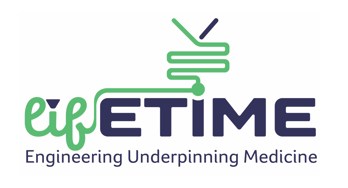Rub-a-dub-dub cell sensors in the tub: monitoring cell therapies in bioreactors
By LifETIME CDT Student: Hannah Williamson (University of Birmingham) Cell therapies, medicines made from human cells, have had huge success in fighting leaukemias and offer new hope to patients as treatments for a range of diseases. However, the manufacture of these therapies remains a major challenge and barrier to patient access. New technologies are …








